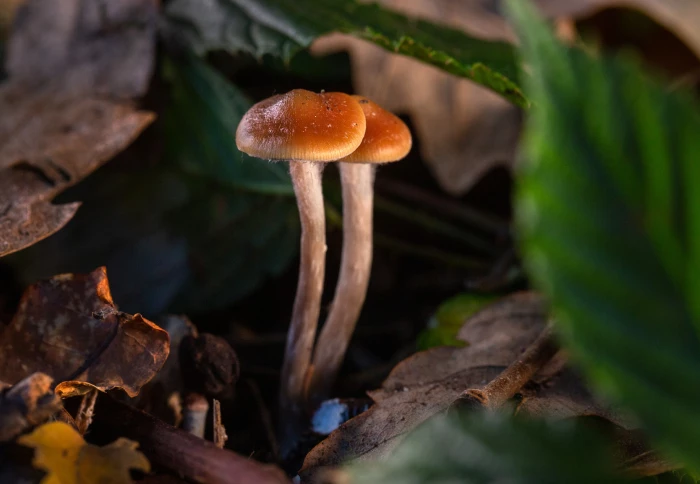Magic mushrooms, long shrouded in taboo and stigma, are experiencing a remarkable shift in public perception. Once associated primarily with counterculture movements and recreational use, these fungi are now gaining recognition for their potential therapeutic benefits. The rising acceptance of magic mushrooms is evident in the evolving attitudes of both the general public and the medical community. Historically, magic mushrooms, also known as psilocybin mushrooms, have been used for centuries in various cultural and spiritual practices. However, during the 20th century, they became entangled in the war on drugs and were classified as illegal substances in many countries. This classification contributed to their reputation as dangerous and without legitimate medical value. In recent years, scientific research has shed new light on the therapeutic properties of psilocybin, the active compound in magic mushrooms. Studies have shown promising results in using psilocybin-assisted therapy to treat conditions such as depression, anxiety, PTSD, and addiction. Patients undergoing such therapy often report profound experiences that lead to improved mental health and well-being.

The changing landscape of psychedelic research has played a crucial role in the growing acceptance of magic mushrooms. Institutions and organizations once wary of such substances are now funding studies to explore their therapeutic potential. The FDA’s designation of psilocybin as a breakthrough therapy for depression further validates the legitimacy of these investigations. Moreover, shrooms near me public opinion regarding magic mushrooms is shifting towards a more open and informed perspective. Increased media coverage, including documentaries and news articles, has contributed to educating the public about the science behind psychedelics. Personal testimonials from individuals who have benefited from psilocybin therapy have also helped destigmatize its use. Furthermore, the legalization of psilocybin for medical or therapeutic purposes in some jurisdictions has sparked conversations about responsible use and harm reduction. Advocates argue that regulated access to psilocybin can ensure safe and controlled environments for individuals seeking treatment. This approach contrasts with the previous criminalization that often led to unsafe consumption practices.
However, challenges remain on the path to widespread acceptance of magic mushrooms. Concerns about misuse, adverse effects, and long-term consequences necessitate thorough research and careful regulation. Additionally, cultural and societal attitudes towards psychedelics vary widely, posing obstacles to comprehensive acceptance. To address these challenges, ongoing research endeavors focus on understanding the mechanisms of action of psilocybin and its effects on the brain. Clinical trials with rigorous protocols aim to demonstrate the safety and efficacy of psychedelic-assisted therapies across different mental health conditions. Education campaigns and advocacy efforts also play a crucial role in dispelling myths and misconceptions surrounding magic mushrooms. The journey of magic mushrooms from taboo to treatment reflects a significant paradigm shift in how society views psychedelic substances. With continued scientific advancements, responsible regulation, and informed public discourse, the potential benefits of magic mushrooms in mental health care could become more widely recognized and accepted in the years to come.